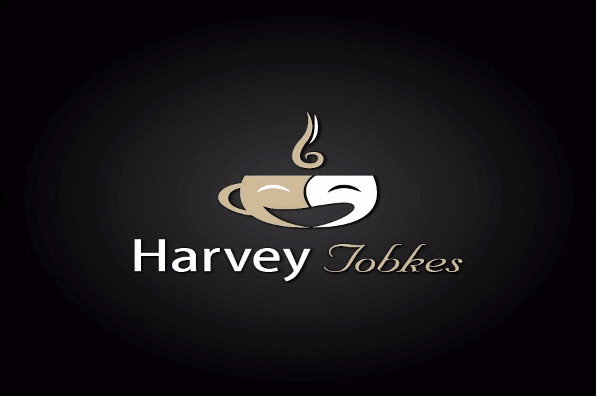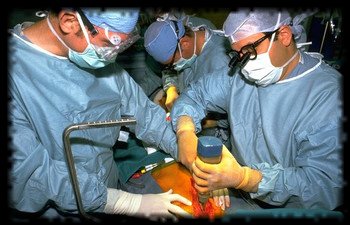BEST TIME TO HAVE SURGERY
DURHAM, N.C.
Patients who undergo surgery late in the afternoon are more likely to experience unexpected adverse events related to their anesthesia than are patients whose operations begin in the morning, a new analysis by Duke University Medical Center researchers suggests.
For their analysis, the researchers drew on a database of all of the 90,159 surgeries performed at Duke Hospital over a four-year period beginning in 2000. Wright’s team divided all reported problems into one of three categories: “error,” “harm” and “other adverse events.”
In addition to spotting problems related to anesthesia, Wright and her colleagues also found that surgery patients experienced a significant increase in “administrative delays” during late afternoon, which might contribute to the increase in adverse events that occur during this time. The delays included waiting for laboratory test results, doctors running late, transporters not being available to move patients and rooms not being ready on time.
“Health care is a 24-hour-a-day business, and it is not unexpected that factors such as fatigue, circadian rhythms, personnel shift changes and scheduling may affect patient care over the course of a day,” Wright said. “We believe that identifying the specific periods when problems are most likely to occur is an important step in the overall process of making surgery safer and ensuring that patients have a good experience.”
Full article: || DukeMedNews || Time of Surgery Influences Rate of Adverse Health Events Due to Anesthesia
About this entry
You’re currently reading “BEST TIME TO HAVE SURGERY,” an entry on Harvey Tobkes.
- Published:
- 02.13.09 3:00
- Category:
- Health



Comments are closed
Comments are currently closed on this entry.